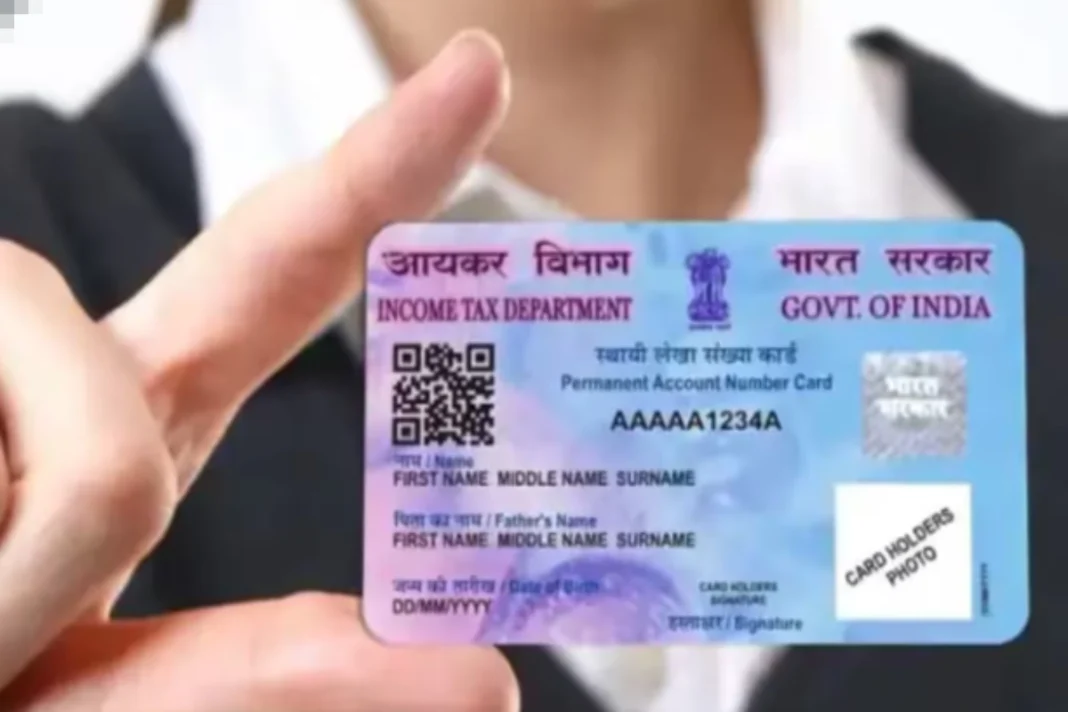Income Tax News: The income tax department has been actively sending Non-Resident Indians (NRIs) a lot of notices over the last few years, claiming various reasons like suspected non-filing of income tax returns (ITR), non-disclosure of important information, and assessments of residential status. The disparities that the IT department found are the cause of these notifications. Particularly for those who have ongoing investments in India, one should diligently file ITRs in order to proactively avoid receiving such notices.
Important tax advice that NRIs should consider is as follows
NRIs are required to make sure that the data on their PAN and Aadhaar cards is up to date. It’s crucial to update the address on Aadhaar and declare non-residency status on PAN Card. Without obtaining new cards, this can be completed quickly and easily online.
Pro tip: Instead of applying for new cards, choose to make adjustments or modifications to your current cards.
Tax Residency Criteria in India
Understand the tax residency and source requirements in India. You are classified as a tax resident if you spend more than 182 days in India during a fiscal year. Whether the income came from sources inside or outside of India, it is still taxable for residents of India. Income from sources located in India, such as real estate, stocks, and interest from fixed-rate accounts, is taxable for non-resident Indians. Recognise your tax obligations for compliant and efficient financial planning.
Pro tip: Save previous passports since they can be utilised to verify the duration of time spent in India.
Filing Necessity for NRIs
For the majority of NRIs, filing may not be required, but those who receive income from India stand to gain from doing so on a regular basis. This streamlines procedures such as requesting NIL or lower withholding on income that is subject to higher TDS because of residency status.
Pro tip: Select the appropriate ITR form (ITR 2 for non-resident individuals) and accurately report their residential status.
Leveraging Double Taxation Avoidance Agreements (DTAA)
Make use of India’s double taxation avoidance agreements with more than 90 nations. In order to avoid double taxation, this agreement establishes which nation has the authority to tax particular income and provides tax credits. These guarantee that a specific income is taxed only once and that the other country provides credit for taxes collected by one.
Pro tip: To manage your international tax obligations, speak with a tax professional.
Timely Response to IT Notices
React quickly to any notice that the IT department sends you. The I-T portal is used to issue and file notices and replies online. Penalties or protracted legal proceedings can be avoided by responding to a tax notice as an inquiry and providing the necessary documentation.
Pro tip: Update your income tax profile on the portal, making sure to include your phone number and email address for correspondence.
Keep watching our YouTube Channel ‘DNP INDIA’. Also, please subscribe and follow us on FACEBOOK, INSTAGRAM, and TWITTER


